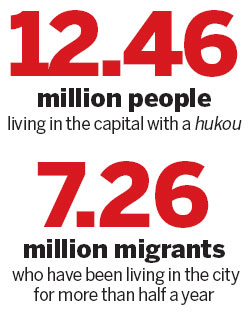TEMASEK Holdings' net portfolio climbed 43 per cent to a new record high of $186 billion in the 12 months to March this year, reflecting its dramatic recovery from the impact of the global financial crisis.
The portfolio beat the previous high of $185 billion set in 2008 and far exceeds the $130 billion last March, according to its annual report, which was released on Thursday.
Temasek's executive director Simon Israel told a media briefing on Thursday that the record portfolio valuation was a 'number obviously that we are pleased with'.
'Through the roller coaster of a massive correction, from the market peak of 2007, to a near meltdown in 2008 and early 2009, and a mixed recovery in the second half of 2009, we kept our cool, and focused on what we needed to do as a long-term investor,' Mr Israel said.
'We maintained a liquid posture, kept our powder dry, made sure the home base was secure, and invested and divested steadily, taking advantage of opportunities which came along. Some investments had not turned out as expected, while most other investments did well. Where we thought the risks were not acceptable, or when we had other better opportunities, we were ready to do what we thought was best for the long term, despite any short-term pain.'
Ms Ho Ching, Temasek's chief executive, was not at the briefing as she is travelling with her husband Prime Minister Lee Hsien Loong in the United States.
Net profit fell 26 per cent to $4.6 billion from $6.2 billion a year earlier due to lower profit contributions from its portfolio companies which were impacted by the financial crisis.
Temasek Chairman S. Dhanabalan said in the report that the company's portfolio has 'delivered consistently through market cycles,' giving a shareholder return of 17 per cent compounded annually since the fund began.
Looking ahead, the report said the European sovereign debt crisis points to the 'underlying structural imbalances and the bumpy re-adjustments ahead. Downside risks include inflation in the medium term, as well as political, policy and regulatory risks in the near term, as well as potential cracks in the global credit system.
Said Mr Dhanabalan in the report: 'Protectionism may rear its head as developed markets struggle to cope with high unemployment, weak fiscal positions and mounting debt burdens. On the other hand, developing markets risk asset bubbles, and loose lending may haunt their banking system down the road.'
Ms Ho expects global growth to slow in the medium term with Asia maintaining its secular long-term growth. 'Our focus on Asia will continue,' she said.










